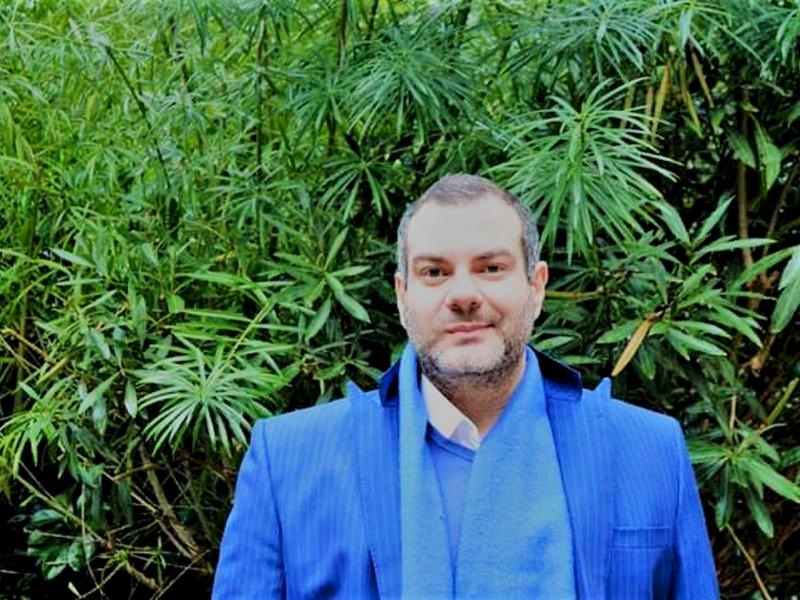Dr. Sleiman El Hajj, Assistant Professor of Creative and Journalistic Writing
Writing (from) the rubble.

As a professor of creative writing, my research interests in illness writing, whether of a cultural or medical nature, are rooted in autobiographical stimuli. When the port explosion happened on August 4 last year, I was devastated. So many loved ones had been harmed, several becoming homeless; I myself did not emerge unscathed.
I had been working on a life writing study on the gendered impact of the COVID-19 pandemic in Lebanon, but the multivalent pain that was threatening to engulf me meant that I had to place the project on hold, and attend to my mental health. The more I talked to people – colleagues, students, friends, family members, neighbors, and acquaintances – the more I realized the depth of the national tragedy that had unfolded; much that was viscerally story-worthy had remained under-reported, if not unreported.
I soon rechanneled my energies into conceptualizing a collective memoir of the Beirut blast, one that would not only commemorate what had been left unsaid, but theoretically reflect on the implications of an entire culture’s inability to process the long-standing silos of collective pain, to which new chapters keep getting added, indiscriminately.
When the memoir was released in October, it reached over a thousand reads in the space of a fortnight. One of the peer reviewers – a Lebanese academic expat living in the United States – reached out to say that reading the memoir helped in his own healing process because “it made [him] feel less alone.” Such comments have reinforced my dedication to biographical research as a means of making less inscrutable a lot of the structures and traditions around which cultures are constructed and propagated.